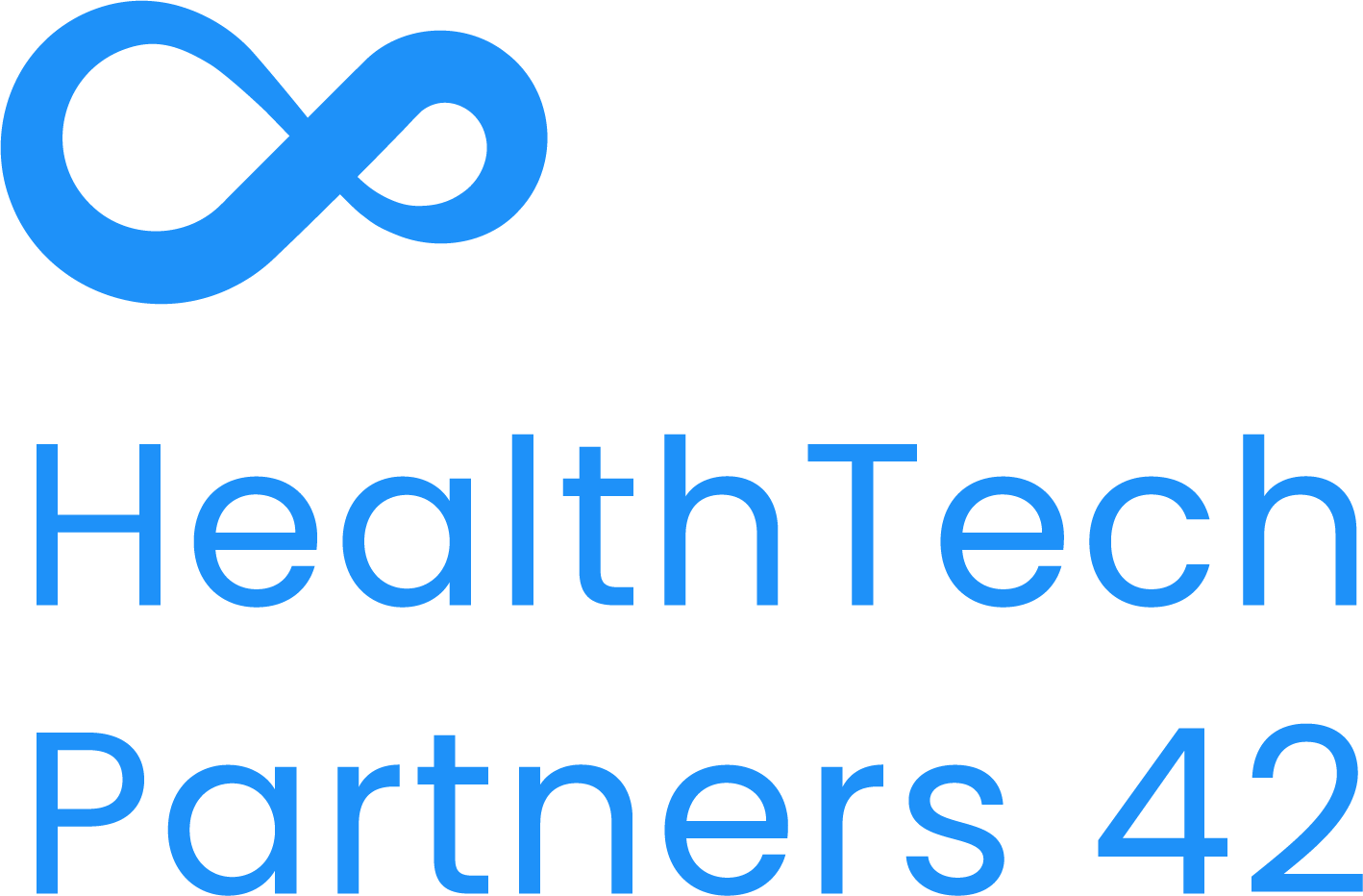The future of clinical metadata management is poised for significant transformation, driven by trends and innovations that promise to reshape how clinical data is organized, accessed, and utilized. As the complexity and volume of clinical data continue to grow, the need for robust metadata management solutions becomes increasingly critical. Emerging technologies are set to revolutionize this field, offering new ways to enhance data quality, ensure compliance, and streamline operations.
One of the most impactful trends in clinical metadata management is the integration of artificial intelligence and machine learning. These technologies are transforming how metadata is classified, tagged, and analyzed. AI-powered tools can automate the extraction and organization of metadata, reducing manual effort and minimizing errors. This automation not only accelerates the metadata management process but also enhances the accuracy of data interpretation, leading to more reliable clinical outcomes.
Another significant innovation is the use of knowledge graphs in metadata management. Knowledge graphs provide a dynamic and interconnected view of clinical data, enabling more sophisticated data queries and insights. By linking various data points and contextualizing information, knowledge graphs facilitate a deeper understanding of complex clinical datasets. This approach enhances data integration across different systems and supports advanced analytics, ultimately driving more informed decision-making in clinical research and patient care.
Blockchain technology is also making waves in the realm of clinical metadata management. With its inherent characteristics of transparency and immutability, blockchain offers a secure and verifiable way to track and manage clinical data. This technology can address concerns related to data integrity and provenance, ensuring that metadata remains accurate and trustworthy throughout its lifecycle.
The shift towards open-source solutions is another notable trend. Open-source platforms for metadata management allow organizations to customize and adapt tools to their specific needs, fostering innovation and collaboration. By leveraging community-driven development and shared resources, healthcare organizations can benefit from cutting-edge solutions without the constraints of proprietary systems.
As the field of clinical metadata management evolves, these trends and innovations are setting the stage for more efficient, accurate, and secure management of clinical data. Embracing these advancements will be crucial for organizations aiming to stay competitive and enhance their research and patient care capabilities. The future of clinical metadata management holds the promise of transforming how data is utilized, ultimately driving progress and improving outcomes in the healthcare sector.






